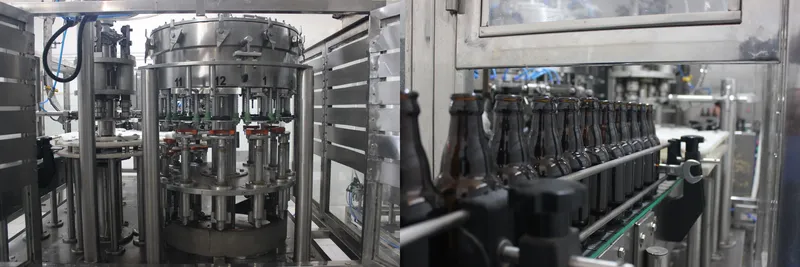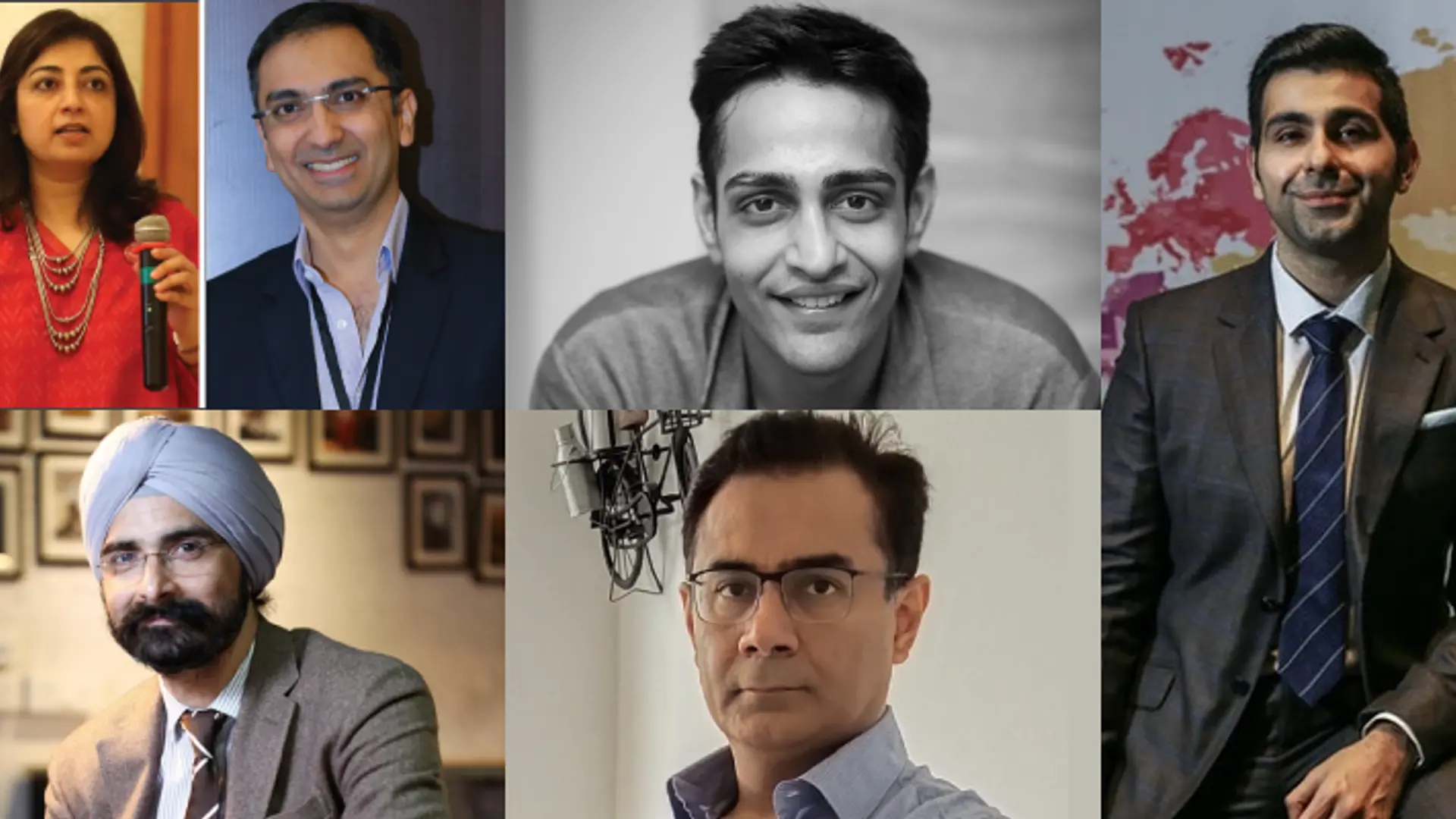How Chandigarh-based entrepreneurs used mother’s ginger ale recipe to create a global beverage brand
Started by serial entrepreneur Sarthak Aggarwal and his friend Abhishek Bajaj in 2019, Gunsberg has created a niche in the homegrown beverage market. The brand claims to have hit break even within six months of operations.
“Maa ke haath ka khana” is something that we all love and relish, but not many are able to turn it into a successful business proposition. In this venture’s case, it was the mother’s age-old ginger ale recipe.
Chandigarh-based entrepreneur Sarthak Aggarwal was sitting in front of a full-stack refrigerator in Singapore when he realised how limited the options are when it comes to cold beverages in India, especially homegrown brands.
In 2017, he started toying with the idea of having a ‘made in India, made for the world’ non-alcoholic ginger beverage, with his mother’s recipe as the base.
“We almost had no options in India except Coke, Pepsi or canned juices. Nothing seemed nice in terms of design and taste profile,” says Sarthak.
As soon as the idea was established, Sarthak started experimenting with bottle designs and labels, ignoring the beverage content.
“I had a misconception that making the beverage would be easy. I had no food background and needed someone who understands the same. This is where our co-founder Abhishek Bajaj, who runs a successful chain of sweet brands in Chandigarh, stepped in,” says Sarthak.
A serial entrepreneur, Sarthak has co-founded two other ventures — Cue Blocks Technologies Pvt Ltd and allthatgrows, and there is a third one in the pipeline.
The childhood friends-turned-cofounders outsourced production for a few sample bottles to gain feedback and worked on the taste, longevity, and design of the product, before they perfected a batch.
With an initial investment, the duo set up a production plant in Mohali and sold their first bottle under the brand name Gunsberg in 2019.

Gunsberg factory in Mohali, Punjab
Product andd revenue
The brand produces three different types of beverages under Gunsberg —Ginger Ale, Ginger Beer, and Grapefruit Ale. The latter two were introduced in 2020 and 2021, respectively. A 325 ml bottle is priced at around Rs 89.
To date, the founders have invested Rs 4-5 crore from their savings, and all the services like design, marketing, etc., are in-house.
“We own everything related to Gunsberg. Currently, we are selling 8-10k bottles per day, and the revenue has shot up by 6X in 2021 as compared to last year. It’s a cash flow positive business and we have kept our operations lean with no high expenses. The mark up is good,” says Sarthak.
The brand claims to have hit break even within six months of operations.
In terms of supply chain model, Gunsberg works both offline (retail stores, cafes and restaurants) and online (Amazon and Gunsberg website). It has amassed a network of 25 distributors, reaching around 2,000 outlets across 40-50 cities in north and east regions. The B2B and D2C brand also has an international presence across Nepal and Bhutan.
The founding duo explain how getting the right distributors was not a challenge as the product sold for itself.
“We aggressively worked on the quality of the drink and perfected the flavour and design. Everything becomes easy when the product is right. We also credit our negotiating skills, which we garnered over the years from our other businesses,” says Abhishek.
Initially, offline sales contributed 80 percent to the revenue while 20 percent came from online channels. The percentage changed post lockdown with both contributing almost an equal share.
“We started with tricity (Chandigarh, Mohali, Panchkula) and moved to Delhi and other bigger markets. In early 2020, we went online and got good traction, which came as a surprise as people usually don’t order a 5kg-heavy crate of beverage online. Another surprise was our volume sales in north east region,” says Abhishek.
The founders say the decision to start operations from Chandigarh played to their advantage as they managed to gather feedback and experiment.
“Though Chandigarh is a fraction of bigger markets like Delhi, it is more organised and a great testing ground. People are receptive to newer ideas and products here,” he adds.
The unique factor
Ginger is the USP of the product and is sourced from independent farmers in Sirmaur, Himachal Pradesh.
“What makes the drink unique is it’s freshness and the heat of the ginger as compared to other beverage brands that generally use concentrates. Also, while the majority of other brands are sold as mixers, Gunsberg is a ready-to-drink beverage,” Sarthak says.
He explains how Gunsberg was termed as a fancier replacement for Schweppes but has managed to create a niche overtime.
“The product is not restricted to any age group and the innovation lies in the ingredients,” he says.
The market
The Indian beverage market is dominated mostly by international products. However, in the past two years, a lot of homegrown brands are stepping up their game. Some of its competitors include Bombucha, Svami, Sepoy & Co, Schweppes, and Jade Forest in the ginger ale category.
“There are a lot of tonic water brands with an overlapping taste profile. Gunsberg is unique in that sense. There are brands which are loosely similar to us but no one is a direct competitor,” Sarthak says.
Also, in terms of price point, the beverages are not restricted to Tier I cities and are seeing good sales in Tier II cities as well, he adds.
Next phase of growth
The founding duo is in the final stage of talks to raise $5 million external funding for their next phase of growth. The brand will introduce three new flavours in the next five months and push for advertisements and online sales.
“We plan to make Gunsberg a mass market product and will increase its presence across West and South India by the end of 2021. We will also hit international markets like Dubai and Singapore by 2022,” says Abhishek.
Edited by Megha Reddy



![[Startup Bharat] How Goa-based Nao Spirits & Beverages is putting India on world gin map](https://images.yourstory.com/cs/2/3fb20ae02dc911e9af58c17e6cc3d915/SB01-1602160836862.png?fm=png&auto=format&h=100&w=100&crop=entropy&fit=crop)





